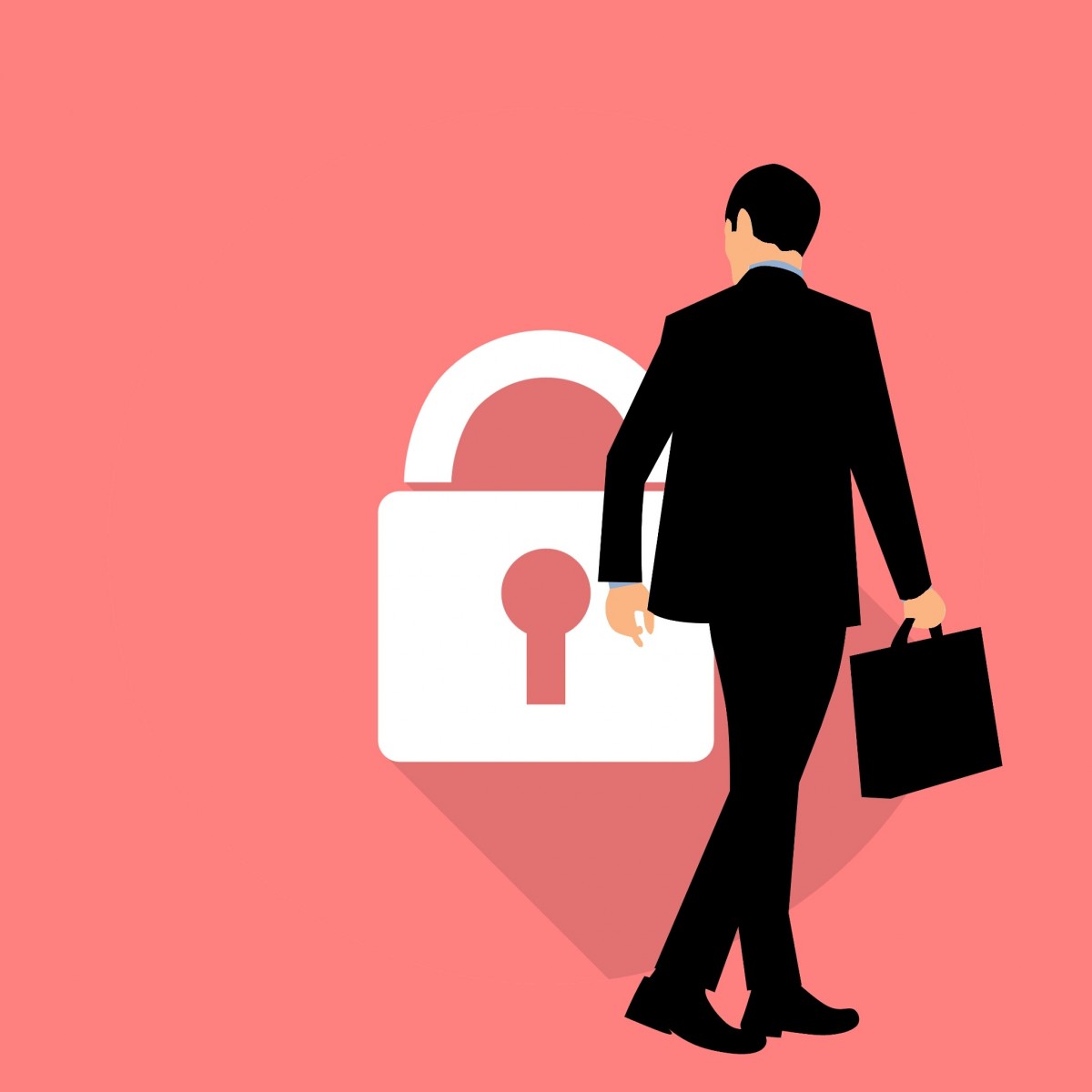Can Smart Locks Be Hacked?
As technology infiltrates into new spheres of our lives, homeowners are increasingly developing security concerns. Since incorporating technological appliances in our homes, people started adding some advanced security measures such as smart touches to enhance security for valuables and the home itself.
Locks have undergone a robust transformation and technological advancements. Most companies have established smart locks and made it the standard for most users wishing to enhance home security.
How Secure Are Smart Locks?
Smart locks are designed to enhance your experience and replace the habit of carrying keys with you or memorizing a particular code. Now, people prefer using their gadgets as the keys to their homes and rooms. The convenient smart locks were created to facilitate the adaptation, but it doesn’t mean that they are flawless.
Chiefly, the smart locks provide additional features to enhance your experience and a feeling of enhanced security. Since the locks are powered by technology, you need to understand their mechanism and vulnerability to certain attacks.
The fact that the locks are better than the standard locks doesn’t mean that they are 100% secure. However, smart locks are currently the best option in the market, but you will have to implement security measures and take more precautions to ensure that your house is completely secure.
Your Smart Lock Can Be Hacked
Like any other smart device, a smart lock is a computerized gadget that can be hacked. Hackers can access information from your phone and use it to break in through the smart lock. Alternatively, they may access the lock directly, especially if it’s Bluetooth-enabled. Below are three common ways through which your smart lock can be hacked.
- Wi-Fi Breaching
If your smart lock uses a Wi-Fi connection, hackers could exploit certain vulnerabilities in the connection. But while this is possible, Wi-Fi is a short-range connection protocol that requires the hacker to be in physical proximity with the lock to break in.
- Bluetooth Sniffing
Bluetooth is the primary communication protocol for most smart locks, and hackers have developed ways to listen to the communication. The hackers can possibly use simple and advanced tools to sniff the Bluetooth. But just like with Wi-Fi, any hacker would need to be close to your smart lock and home network.
- Outdated firmware
Smart locks have companion mobile applications used to control them. You should constantly update the apps with the latest firmware. If your lock’s apps are incompatible with the updated firmware, it remains vulnerable to hackers. Therefore, ensure that you check whether your lock has an updated smart lock’s firmware by connecting to the lock’s Wi-Fi. Also, ensure that all other smart devices in your home remain up-to-date on their firmware.
How to Prevent Smart Lock Hacking
It’s safer and wise to learn preventive measures against lock hacking. The actions discussed below will help you enhance security.
- Purchase Trusted Lock Brands
Smart locks from well-known companies are likely to have updated and robust security protocols. Sure, the cheaper locks may be appealing, but their security protocols may be fewer and questionable. Acquiring your smart lock from a reputable brand provides you with built-in security features that provide utmost protection.
- Update Smart Locks Regularly
This is one of the most critical measures you need to master to prevent hacking. Updating your lock with the latest firmware will patch any vulnerability in your lock and ward off hackers from exploiting it.
- Choose AES Encrypted Smart Locks
Advanced Encryption Standard (AES) is the most advanced form of security you can find today. Acquiring a smart lock with 128-bit AES encryption and above will make it impossible for hackers to infiltrate your home.
- Set Two-Factor Authentication
This security measure protects against unauthorized access to your smart locks. With this form of security, you will require a password to unlock and another form of authentication mostly sent to your device.
- Select high ANSI Grade Rating
The American National Standards Institute (ANSI) grade rating determines the strength of a lock’s security protocol. Choose a lock with an ANSI grade rate of 1 and above to keep hackers away.
Smart locks are better than standard physical locks, but they’re not perfect. They require security measures and attention to avoid compromising on security. Having an additional layer of protection such as smart alarms and cameras would come in handy in enhancing home protection. Such a combination will equip your home better and defend against bulgers in all their schemes.

